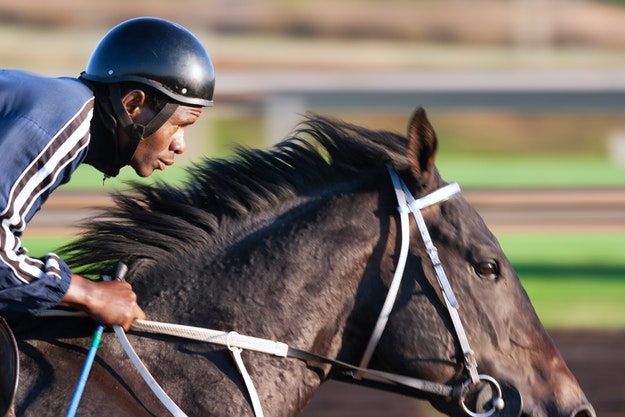It is contrary to the popular assumption that betting on horse racing is a game of luck. In actual fact, luck has a minor role. In order to bet on horse racing intelligently, you must become an expert in your own right, conducting your own in-depth research that will put you in a better position to predict future winners. However, this is not a task that should be taken lightly.
If you’re serious about making a profit on horse racing, you need to understand how to make smart decisions. Consider these 5 tips before you put your money down on the table.
Narrow your focus
There is so much horse racing to keep track of that it becomes overwhelming and near-impossible to remain up-to-date and knowledgeable on the aspect. Rather than keeping abreast of all races under the sun, narrow your focus one on race or one area – e.g. one race at the Melbourne Cup 2019. It’s much better to specialize on something small than it is to spread yourself thin; with more expertise on one race, you’ll be able to bet smarter and be more likely to make a profit.
Acquaint yourself with new stables and names
When it comes to betting on horse races, the more information on the horses you have prior, the more informed your decision making will be. Rather than automatically backing established names, take the time to become familiar with the horses at up and coming stables. With this specialized and inside information about the horses’ preferences, behaviors, and track record – usually available on the websites of the stables – punters can begin to foreshadow performance ability and become better equipped when betting their money. This will give them an advantage against other punters who haven’t done their research.
Study the races
To become a real expert in any field, you must study. This same rule applies to bet on horse racing; luck is one thing, but knowledge is power. This is why you should endeavor to watch as many – if not all – races to gauge a horse’s performance – run styles, pace, angles, hard pullers, etc. – as well as the dominators and frontrunners. Also, be sure not to consider the last 100 yards of the race only, as the first half can be just as telling. Another tip is to consider the ground conditions and how each horse fairs on different terrains and degrees of softness and dryness. Noting all of this may, to some, seem over-pedantic, but it will give punters who do take it this one step further a real edge.
Form your opinion before listening to anyone else
Before you listen to any press coverage or look for insights on a betting website, you should form your own forecast of the upcoming race(s) first. Horse racing professionals and statistics have the ability to sway and manipulate opinion, but if you’ve done your research and know your stuff, you have just as much authority to create your own bets, free from influence.
The effect of the draw
It’s a smart decision to keep a diary where you can record every draw. This is essential for aiding memory and helping to predict future winners or at least narrow down the competition.
Recording draws is important because it can expose patterns in winning. For example, you might find that at one particular racecourse, seven out of ten races have been won by horses drawn in the two stalls nearest the stands rail. Or, you may uncover that a certain racecourse favored far-rail draws, and this could be down to the strip of turf.
Conclusion
When it comes to hedging one’s bets on horse racing, the more acute attention given and information gathered, the more equipped one will be, and the greater the chance of profit will be.
Don’t be lazy and adopt the views and predictions often published in the racing press. It’s easy to let the hype sway you, but don’t let mindless chatter influence your gut instinct. Do your research, study and record races and draws, acquaint yourself with up and coming stables, and form your own opinion on your findings, and you will be in the with the best chance of selecting the winner. Good luck!











